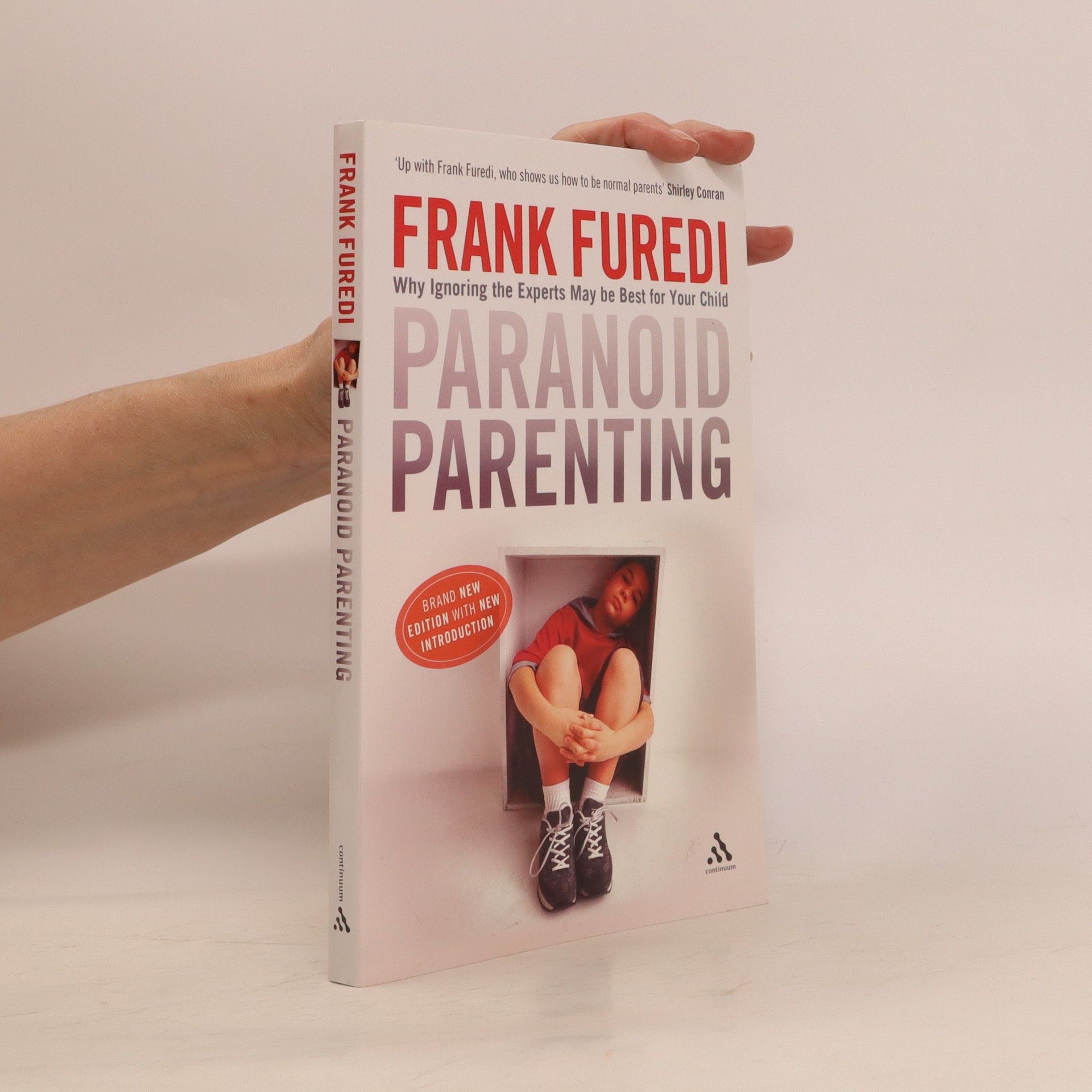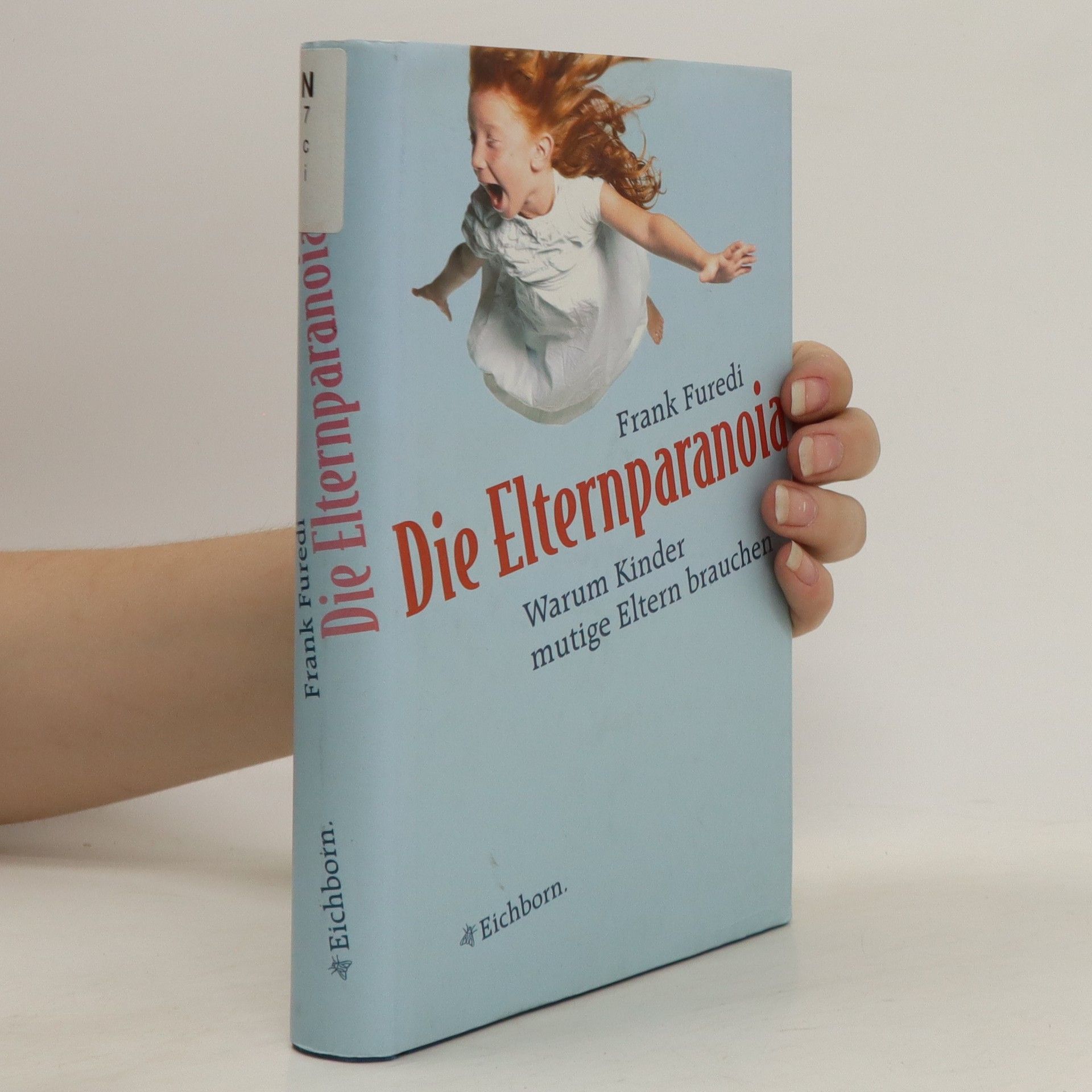Die Elternparanoia
- 264 Seiten
- 10 Lesestunden
Ich bin mir nicht sicher, ob ich dieses Buch mehr als Soziologe oder als Vater eines fünfjährigen Sohnes geschrieben habe. Meine akademische Ausbildung hat mich nicht auf die Welt der elterlichen Ängste vorbereitet, die viele Väter und Mütter plagt. Schon bei der Geburt meines Sohnes Jacob wurde mir bewusst, dass das Leben gefährlich ist und von Anfang an erhebliche Risiken birgt. Im Krankenhaus wurden wir über Maßnahmen zur Verhinderung von Kindesentführungen informiert, und besorgte Freunde fragten, ob wir die neuesten Ratschläge zur Verhütung des plötzlichen Kindstods kannten. Verwandte diskutierten die Risiken verschiedener Betreuungsformen und wogen die Gefahren von Kindermädchen gegen die von Kindertagesstätten ab. Besonders deutlich wurde uns das Ausmaß der Eltern-Paranoia, als meine Mutter erklärte, sie könne sich keine Fernsehsendungen über Babys mehr ansehen, da sie in Angst versetzt wurde. Eltern wird vermittelt, dass jeder feste Ansichten über die Herausforderungen der Kindererziehung hat. Politiker und Experten bombardieren uns mit Ratschlägen und Handbüchern, die angeblich notwendiges Wissen vermitteln. Paradoxerweise scheinen gerade die Eltern die einzigen zu sein, die nicht wissen, was das Beste für ihr Kind ist. Dies führt zu einem Mangel an Selbstbewusstsein und einem hohen Maß an Ängstlichkeit im Umgang mit Kindern.






